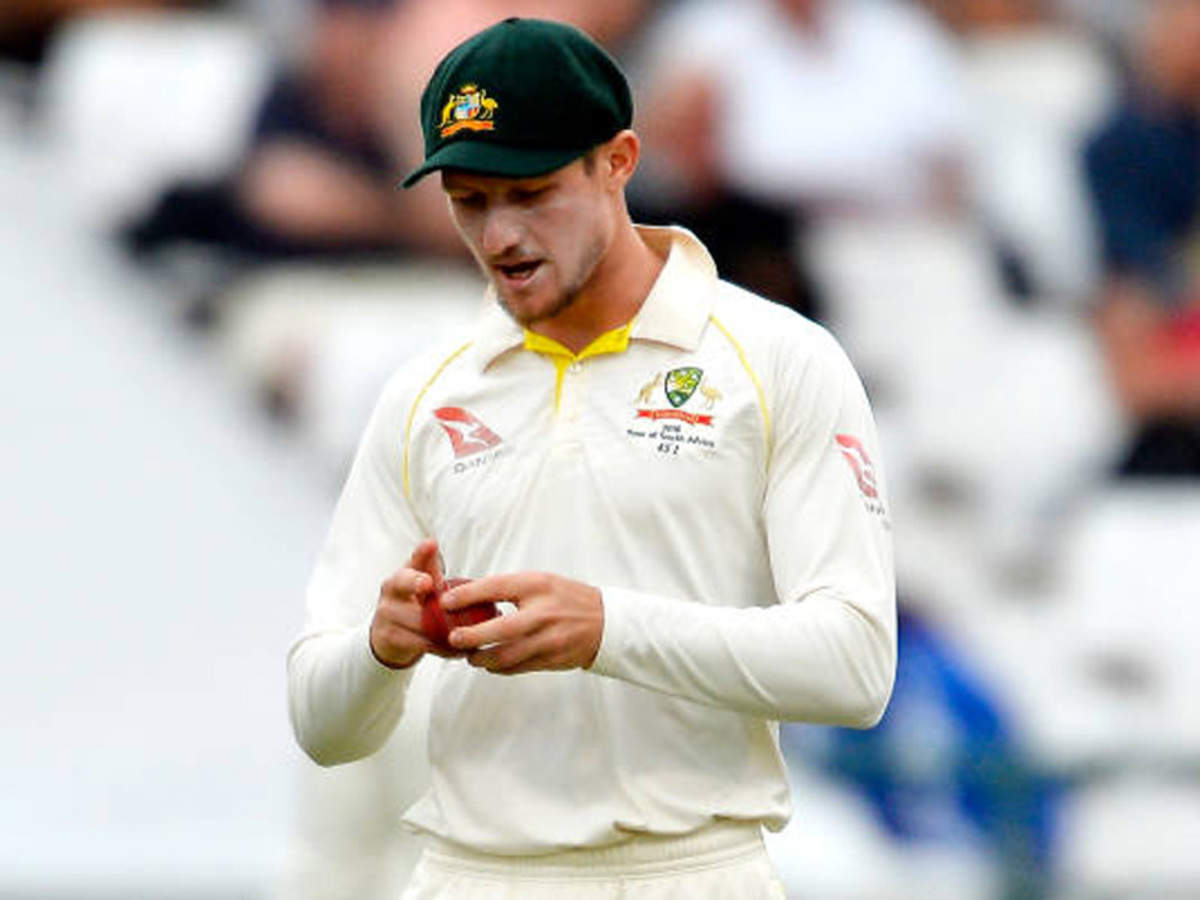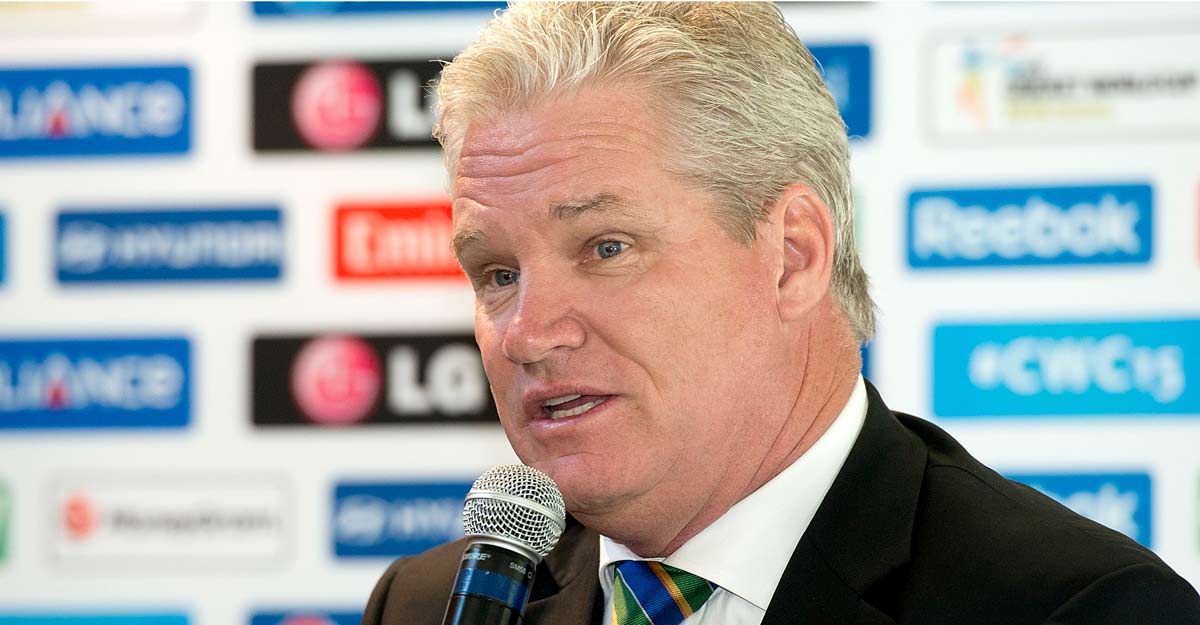Cameron Bancroft has stirred the hornet’s nest again. This time the allegations are quite serious. It certainly feels like there will not be smoke without fire. Will the Australian board get into the bottom of the whole scandal or will they sweep it under the carpet? Eitherway, Sandpapergate is back in the news.
Almost 3 years since the Newlands scandal after which David Warner, Smith & Bancroft were banned for a substantial period of time, it has resurfaced again in the form of Bancroft’s startling revelation.
Bancroft’s revelation
“Yeah, obviously what I did benefits bowlers and the awareness around that, probably, is self-explanatory,”
“I guess one thing I learnt through the journey and being responsible is that’s where the buck stops (with himself). Had I had better awareness I would have made a much better decision.”
Asked again if some of the bowlers knew, Bancroft replied: “Uh… yeah, look, I think, yeah, I think it’s pretty probably self-explanatory.”
The bowlers in question are Hazlewood, Starc, Cummins and Lyon. However, all the 4 bowlers have issued a statement. They have said that they had no idea that the condition of the ball was being changed on the field with a foreign object.
We did not know a foreign substance was taken on to the field to alter the condition of the ball until we saw the images on the big screen at Newlands.’
They were also adamant that the umpires did not deem fit to change the ball because even they didn’t find anything wrong with it.
However, Adam Gilchrist, Clarke and host of other international players did not seem to side with the bowlers. All of this goes onto show that there was something sinister going on. Clarke was more vocal,
‘Can you imagine that ball being thrown back to the bowler and the bowler not knowing about it? Please!
Clarke added: ‘I love how the articles in the paper are, “It is such a big surprise that Cameron Bancroft has made a…”
‘Actually, if you read his quotes, it is not what he did say as what he didn’t say in regards to other people knowing about “sandpapergate”.
‘What’s the surprise? That more than three people knew?
David Saker, the bowling coach seems to agree with Bancroft that the bowlers infact were aware.
English is having a laugh
The English media and former England players are having a nice time out of Australian’s misery. Vaughan the outspoken critic, thinks that this controversy will only help the England team in the Ashes.
David Warner, Steve Smith and the bowlers are under scrutiny again, and it would only take a poor Australia performance in the first Ashes Test for the pressure to mount. The captain, Tim Paine, is under the microscope after defeat by India, and while some think this could galvanise Australia, rarely are such public problems good for a team’s unity. Joe Root will be enjoying this and thinking it could help. He knows an argument or two in the opposing team is always good,” Michael Vaughan wrote in his column for the Telegraph.
What do I think?
It all depends on at what point in the game was the ball scuffed. This is important to be able to accuse the bowlers. Now, if the ball was substantially old, it will be difficult for the bowlers to know whether the wear and tear on the ball was as a result of the ball being used for so many overs or was it because of some external object. In that case, they wouldn’t have been able to tell the difference. It is perfectly alright for the Australian bowlers to be frustrated for being accused to knowing something when they didn’t.
Having said that, if the ball was relatively new, it would have been clear as a crystal for the bowlers to realise that something was not correct with the ball.
Whatever the case maybe, this scandal is not going away in the near future. I expect to hear a lot in the future.
Other topics related to Australia can be read here, here and here.



